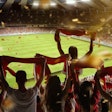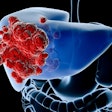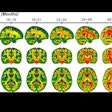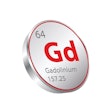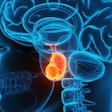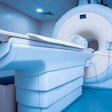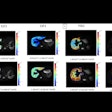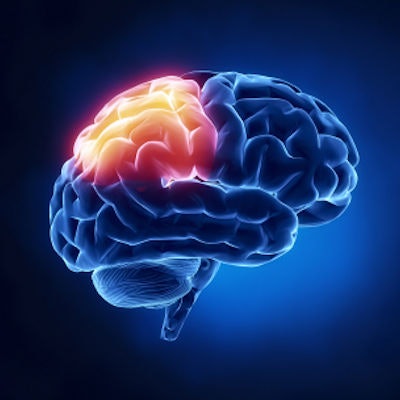
MR images of hockey players with concussions showed a loosening of protective myelin in the brain two weeks after the injury, even though the skaters felt fine and were declared ready to return to play, according to a study published online August 6 in Frontiers in Neurology.
Myelin is the fatty tissue that surrounds brain cells, known as neurons. When that insulation is disrupted, it slows the transmission of electrical signals between neurons and can adversely affect a person's cognitive skills and reaction time.
"This is the first solid evidence in humans that concussions loosen myelin," said study co-author Alexander Rauscher, PhD, an associate professor in the pediatrics department at the University of British Columbia, in a statement. "And it was detected two weeks after the concussion, when the players said they felt fine and were deemed ready to play through standard return-to-play evaluations. So athletes may be returning to play sooner than they should."
The researchers performed MRI brain scans on 45 athletes before the season's start. If there were signs of concussion, the subjects were scanned again three days, two weeks, and two months later. During the hockey season, 11 skaters were concussed and most underwent the additional MRI exams.
A 2016 analysis of the same athletes by Rauscher et al showed changes to the myelin in the corpus callosum, the part of the brain that helps the two hemispheres communicate and is most susceptible to damage from sudden collisions against the interior of the skull. However, the researchers were unsure of the nature of the changes.
The current study showed that the changes were a temporary loosening of the myelin. Two months after the concussion, MRI showed that the myelin had returned to normal.
"These results show that there is some damage happening below the surface at least two weeks after a concussion," added lead author Dr. Alexander Weber from the university's division of neurology. "Passing a concussion test may not be a reliable indicator of whether their brain has truly healed. We might need to build in more waiting time to prevent any long-term damage."



.fFmgij6Hin.png?auto=compress%2Cformat&fit=crop&h=100&q=70&w=100)

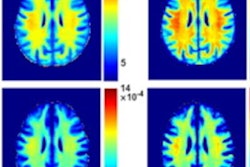

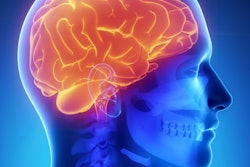
.fFmgij6Hin.png?auto=compress%2Cformat&fit=crop&h=167&q=70&w=250)
